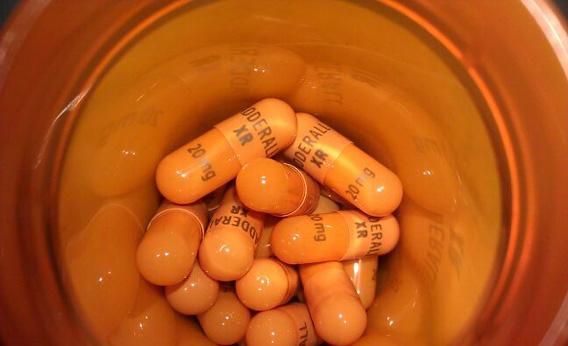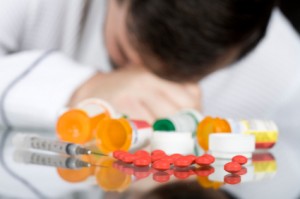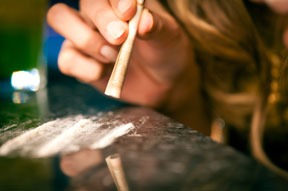5 Stages of Stimulant Addiction Recovery
Stimulants are highly addictive substances that speed up your metabolism. In small doses they can improve your concentration and give you energy. Unfortunately they are also extremely addictive, according to the National Institute on Drug Abuse. Scientists have identified the five stages of stimulant addiction recovery and how to deal with them.
1. Acute Withdrawal Phase
During acute withdrawal you are experiencing the symptoms of physical withdrawal. These symptoms start shortly after you stop taking the stimulant and continue for about two weeks. In this stage you can expect:
- depression
- cravings
- impatience
- irritability
- increased or decreased heart rate
- other physical symptoms
Although these symptoms are not usually severe, they can become very severe very quickly. If you feel cardiac or respiratory symptoms it is important to seek treatment. You can find an acute treatment center by calling 800-605-6597 Who Answers?. We can help you find the center that is right for you.
During this phase what you need is rest, good food, and ways to reduce stress and anxiety. Having someone to talk to also helps to reduce some of the psychiatric symptoms.
2. Relaxation Phase

After you overcome acute withdrawal, you may feel relaxed and overconfident.
This phase starts when the physical symptoms are gone and your body rebalanced itself. Some of the damage done by the stimulants is repaired and you start to feel good. You start to relax and become overconfident. This is one of the easiest phases to relapse during. This phase lasts around eight weeks after the acute phase.
During this phase you need to:
- maintain a schedule to counteract the boredom and desire to use
- make sure that you do not get overconfident by learning about the addiction
- keep your sleep pattern as regular as possible but some sleep disturbance is to be expected
- do not switch drugs during this time, it is easy to become addicted to another one
It is really easy to relapse during this stage because of both boredom and overconfidence.
3. Blocked Phase
This is the phase that you hit the wall in. You might feel tired and sluggish during this phase. Most of all you will be bored, the drug addiction will seem much better than the boredom. This is the time that you need to be distracting yourself. Do anything you can without picking up the drugs again. This phase usually lasts about four months.
4. Regulation Phase
In this stage you start to find relief from both the drug cravings and the overwhelming boredom that comes from not doing the stimulants. You will still feel lethargic at times and this is when you may get a slight craving for the stimulant. You begin to self regulate your emotions and discover new things about yourself. This phase lasts around four to six months.
Imagine Having Everything You Need to Overcome Stimulant Addiction: Treatment is the Solution
5. Resolution Phase
The resolution is the final phase of a stimulant addiction. This phase does not mean you are completely free of the drug, just that you have a handle on recovery and will continue to improve. You still need support during the phase and should continue counseling until you, your therapist, and your doctor feel comfortable that you won’t return to using.
To get started on your stimulant addiction recovery, the first thing you need to do is seek help. Very few people can get over a stimulant addiction on their own. If you want to get off stimulants before they cause permanent damage call 800-605-6597 Who Answers?. We can help you onto the path to recovery.



